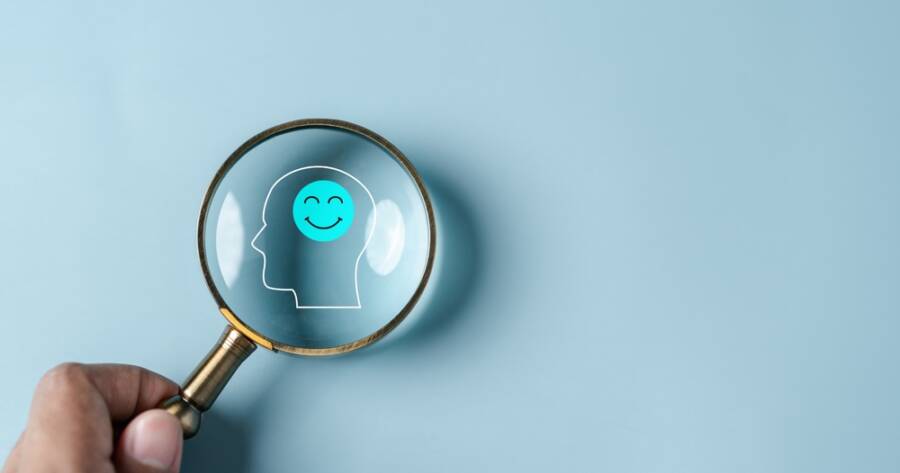In a world filled with distractions, getting focused and staying that way has become a challenge for just about everyone. That’s why more people are turning to biohacking—using technology to understand and improve their body and mind. When it comes to focus, certain wearable devices are leading the charge. The top tools go beyond tracking steps or heart rate. They monitor your brain waves, mental energy, and attention levels in real time. The result? Deeper concentration and smarter performance—without guesswork.
How Brain-Tracking Wearables Work
Brain-focused wearables work by measuring signals from your body or brain and translating them into meaningful feedback. Many of these tools use electroencephalography (EEG) sensors to detect brainwave activity. Others rely on heart rate variability (HRV), skin conductance, or oxygen levels to give insight into your mental state.
The goal isn’t just to monitor focus—it’s to train it. Some devices offer real-time feedback while you work, meditate, or even play games. You learn when you’re deeply focused, when your mind starts to drift, and how your brain responds to different activities. With that insight, you can develop habits and strategies that help you stay mentally sharp longer.
Notable Devices for Enhancing Mental Clarity
One of the most talked-about devices in this space is Muse, a wearable headband that tracks brain activity during meditation and focus sessions. It gives you feedback in the form of audio cues—when your mind wanders, the sound gets louder; when you return to calm focus, it softens. Over time, you begin to understand your personal concentration patterns and build stronger focus muscles.
Another strong contender is Neurofeedback devices like those from BrainCo or FocusCalm. These wearables use EEG technology to detect stress and attention levels, guiding users through exercises that strengthen neural pathways related to focus and calm. It’s like going to the gym, but for your brain.
There are also hybrid devices like Apollo Neuro, which doesn’t use brainwave sensors directly but tracks your stress response through vibrations. These vibrations signal your body to relax, improving your ability to concentrate without overstimulation. While not a direct brainwave tracker, it’s still a popular choice for focus optimization.
Real-Time Feedback and the Power of Adaptation
What sets these wearables apart from traditional productivity tools is their ability to deliver real-time feedback. Imagine trying to stay focused on a report, and your wearable nudges you when your mental state slips. That’s not science fiction—it’s how many of these devices operate.
This feedback loop helps build awareness. You start to notice patterns: maybe your focus dips every afternoon, or after a certain type of meal. You begin adjusting your schedule, habits, or workspace based on data—not just gut feelings. That’s where biohacking becomes a tool for real, lasting behavior change.
Some wearables even sync with apps that track your progress over weeks or months. This makes it easier to set goals, measure improvements, and celebrate small wins—like hitting a new personal best for sustained attention.
Who Can Benefit From These Tools?
While brain-tracking wearables might sound high-tech, they’re not just for athletes or elite performers. Students, remote workers, creative professionals, and even people managing ADHD have found value in using these tools to better understand their focus habits.
In high-pressure environments, where long hours and multitasking are the norm, being able to recognize and reset your mental state is a game-changer. Instead of powering through fatigue or relying on caffeine, users can take smarter breaks and return to work with renewed clarity.
These devices are also helpful for those building meditation or mindfulness practices. Seeing your brain activity in real-time makes meditation feel less abstract—and more actionable.
The Future of Focus Enhancement
As wearable tech continues to evolve, expect even more personalized focus tools. Developers are working on devices that not only track your brain but predict your cognitive performance based on environmental and lifestyle factors. The goal is a more dynamic, adaptive productivity system—one that works with your biology instead of against it.
The combination of AI, biometric data, and neurofeedback could lead to even smarter tools that support deep work, emotional balance, and creative thinking. In time, your wearable might not just monitor your brain—it might coach it.
Training Your Mind with Smart Support
You don’t need to be a tech expert to use brain-focused wearables—you just need curiosity and the willingness to learn. These devices offer a window into how your brain really works, helping you take control of your focus in a way that’s both measurable and empowering.
Instead of guessing when to push or pause, you can act with insight. In today’s world, that kind of clarity isn’t just helpful—it’s essential. With the right tools, your best focus may be just a session away.

